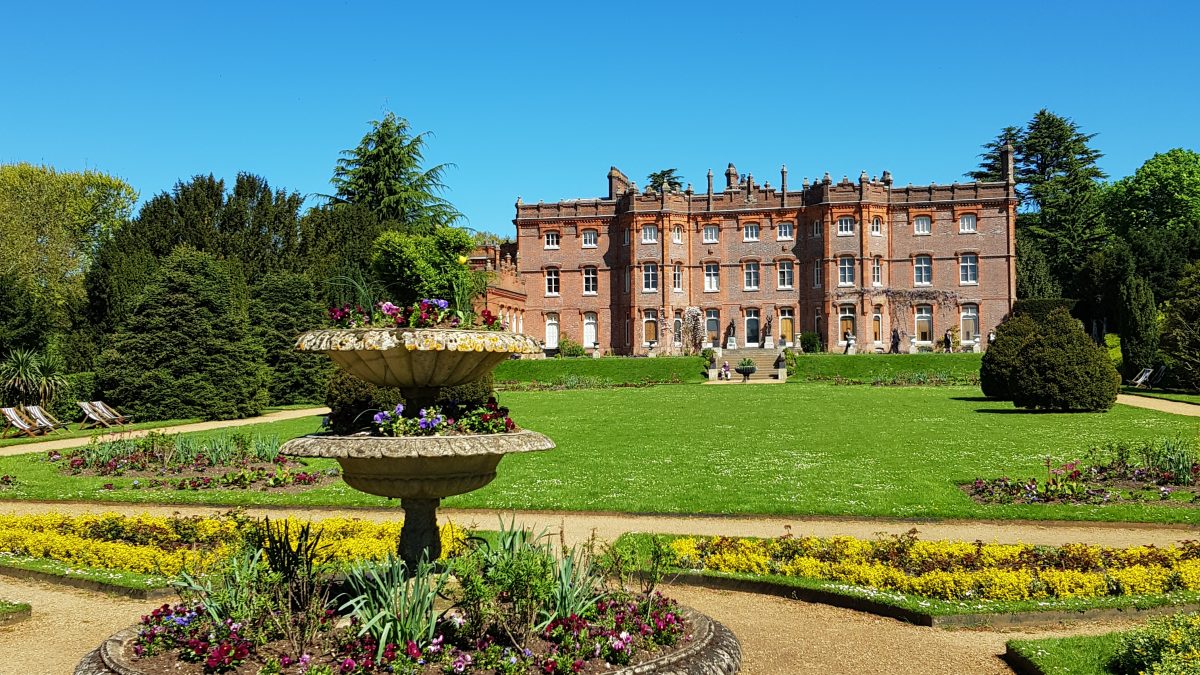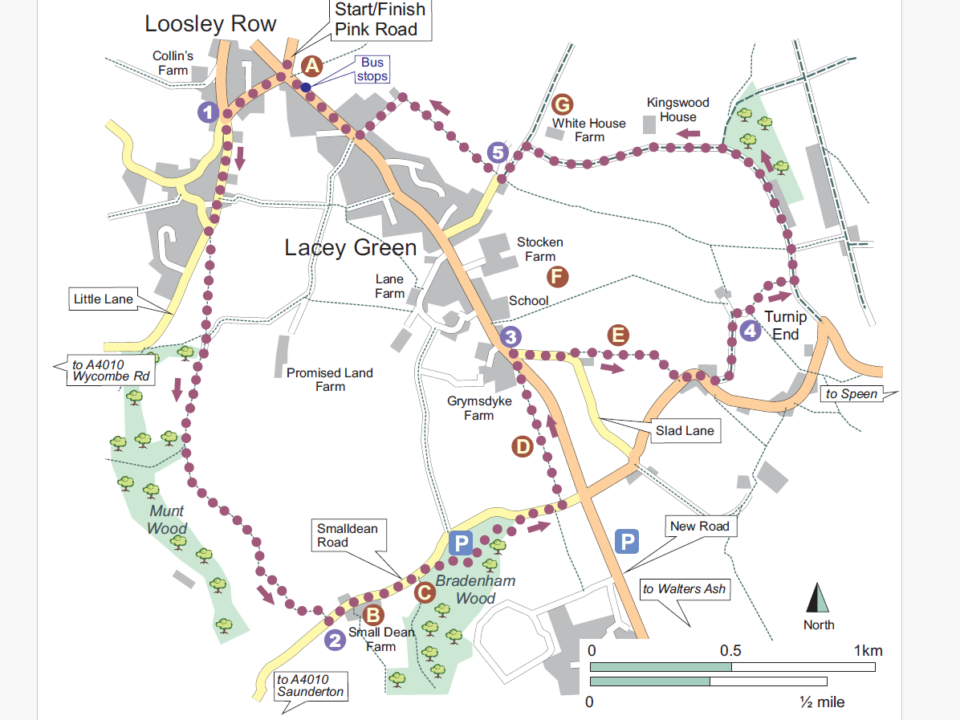
Holiday reads
July 2, 2019
Kenzo’s Diary – A dog’s life 3
July 2, 2019Behind every great man, the old saying goes, there’s a great woman – and maybe a visit to Hughenden Manor proves it. Benjamin Disraeli bought the estate in 1848, on his way to becoming a two-time Prime Minister. Unlike most other leading politicians of the time, Disraeli hadn’t been to public school or university and wasn’t born into wealth. But if you look round the house – now a National Trust property – you can find traces of the female patrons who helped him on his way.
The most important in many ways was his wife Mary Anne, whom he married in 1839 when she was 47 (and a wealthy widow) and he was 35. Mary Anne’s money helped Disraeli pay off his debts, and she was devoted to him utterly until her death in 1872. A portrait of Mary Anne is in the drawing room; a marble copy of one of her feet sits in what is now the library. (Facsimiles of body parts were a popular form of ornament in those days.) Our favourite item, though, is probably the carriage door, now hanging on a wall at one end of the ground floor, in which Mary Anne trapped her fingers while travelling with her husband. Legend has it that she showed no reaction to this painful event until Disraeli was out of earshot.
Mary Anne and her husband are buried together outside the east end of the Church of St Michael and All Angels in Hughenden Park, next to Sarah Brydges Williams – an older widow with whom Disraeli became friends. She left £30,000 in her will (the equivalent of well over £1.5 million today) with which he paid off the mortgage on Hughenden. Inside the church, look for a unique monument as a clue to a third female patron: a memorial to Disraeli from Queen Victoria, the only example of a reigning British monarch honouring a subject in this way. There’s also a replica portrait of Victoria in the house’s drawing room. After an unpromising start to their dealings, the Queen developed much affection for Disraeli (he assiduously flattered her, and she disliked his rival William Gladstone) and regularly sent him gifts.
It would be many years after Disraeli’s death in 1881 before British women could vote, and almost a century before the first female British Prime Minister. But without the women in his life, as Hughenden reminds us, Disraeli might never have achieved much at all.




